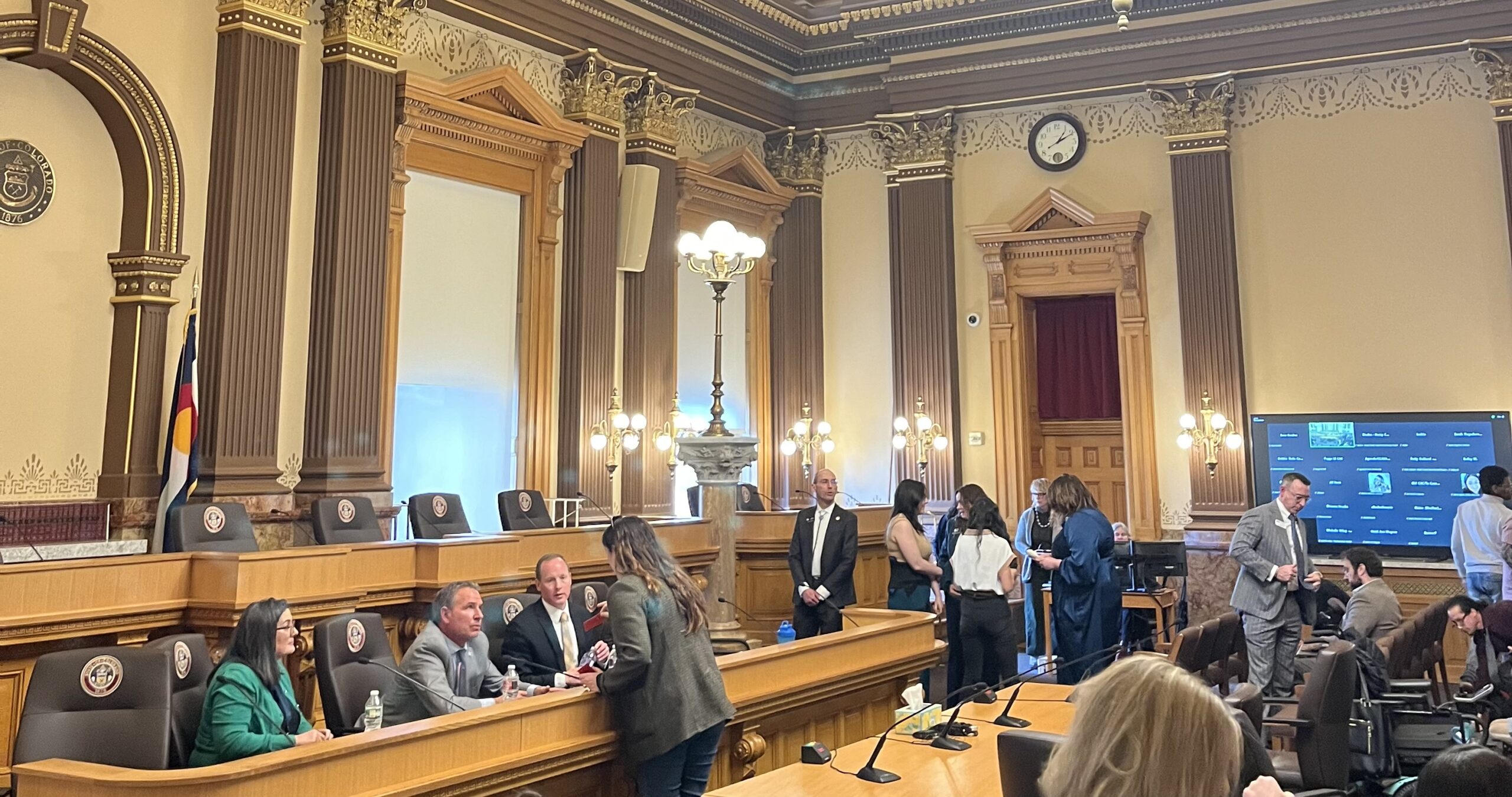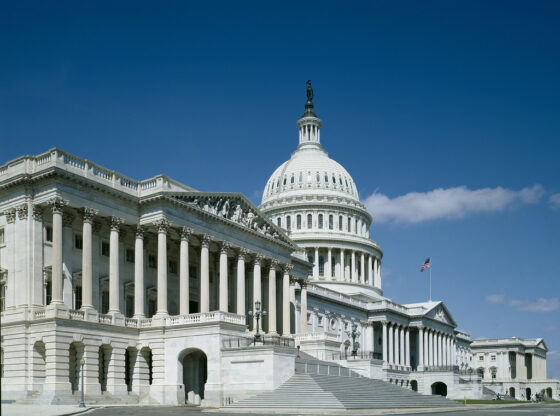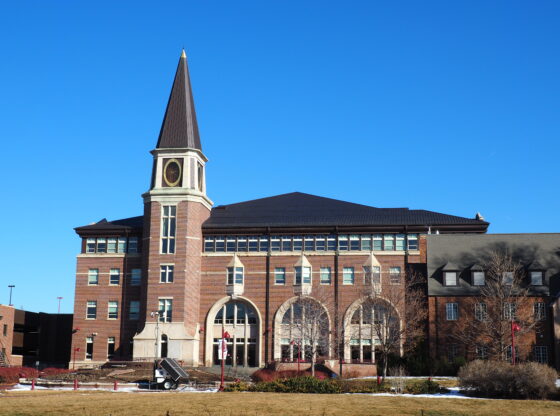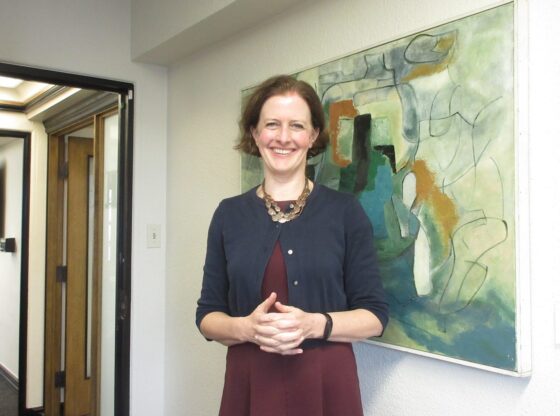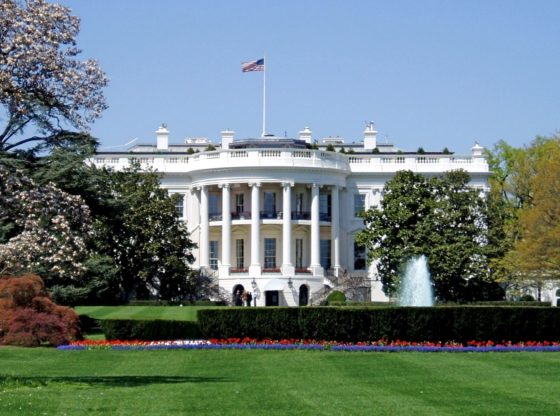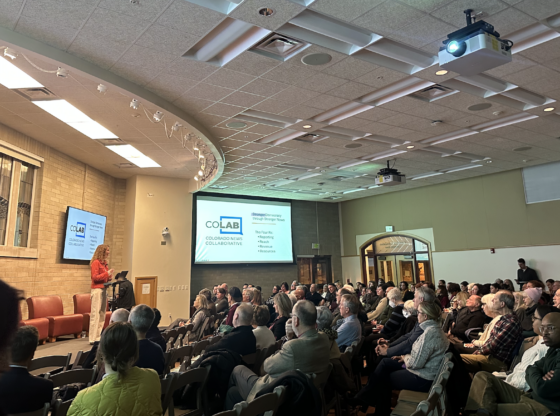Last Thursday, DU hosted an open panel discussion about the 20th anniversary of the Rwandan Genocide in the Anderson Academic Commons from 6-8 p.m. The panel, comprising of Korbel Professor Arthur Gilbert, Former Republic of Congo Representative King Viteron, journalist and attorney Bruce Finley and historian Peter Barnsdale elaborated on reasons genocides happen, prediction of future genocide and possible intervention steps that can be taken. The stated purpose of this panel of four was to shed light on the reasons for the genocide in the hope that people will take action to prevent further mass killings.
“These warning signs include the demonization of a certain group in political or social discourse and the withdrawing rights from a certain group,” said Barnsdale.
He said both of these warning signs, in addition to several others he presented, were present in Rwanda during the weeks and days leading up to the attacks, and he said steps should have been taken to stop the impending genocide.
Gilbert, a professor at the Korbel School of International Studies, took a slightly different approach in his speech. He addressed the topic of the American mindset about genocide, saying Americans are more likely to wonder how governments could let something like genocide occur.
“One can’t understand genocide by looking at structure,” Gilbert said.
He also spoke highly of recently deceased Nelson Mandela, who inherited a situation ripe for genocide, but simply used his power to end any possibilities of it.
“The conditions were exactly right in South Africa, but Mandela refused to let it happen,” said Gilbert.
Viteron brought a first person point of view to the discussion, having lived his early years under a dictatorship and having attended school run by that dictatorship. Viteron was born in the Democratic Republic of Congo, attended school under the dictatorship, and at one point even served as a representative.
“Dictatorships have one goal, and that goal is to maintain their power by any means necessary,” said Viteron. “Genocides are a primary result of the government forcing people to flee for their own goal of maintaining their power.” He also brought up a flaw with the current position taken by the United Nations in genocide.
“In 1948, the United Nations defined genocide, predicting something like the Holocaust could happen again[…]Why define genocide only to take no action later at the appropriate time?” said Viteron.
Finley talked about genocides with regard to another United Nations initiative known as “Responsibility to Protect” or “R2P.” This initiative was founded in 2005 and was used by France to protect the people of Myanmar in 2008. In the same year, Russia deployed troops into South Ossetia against Georgian troops.
Students who are interested in learning more about the Rwandan Genocide can attend the exhibit at the Anthropology Museum on the first floor of Sturm Hall. It runs Jan. 27 through Feb. 1.


